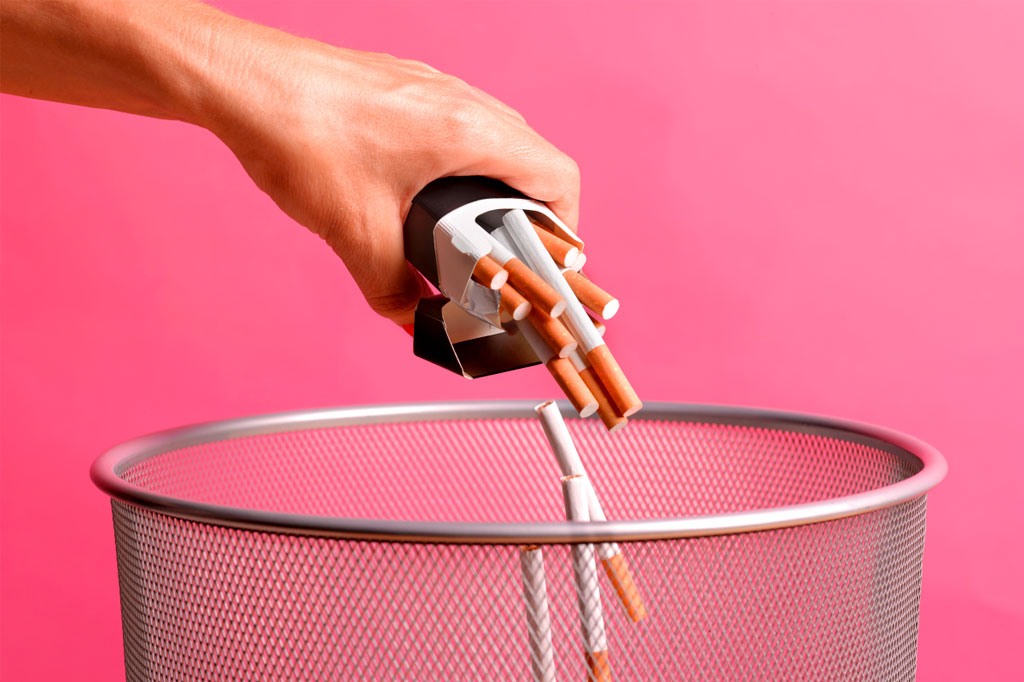This research will determine whether the Chinese herbal medicine (NPI-028) can make a significant contribution to the management of withdrawal and to follow-up treatment aimed at preventing or managing relapse in both women and men alcoholics. The herbal preparation has been used historically in the treatment of alcohol intoxication and is still prescribed in China and Southeast Asia. Efficacy has been documented but awaits the application of current research methods to establish efficacy, safety, and probable mechanisms of action. Preclinical studies have been carried out in alcohol-preferring rats and vervet monkeys to test efficacy in reducing voluntary alcohol intake, measure tolerance effects, and toxicological affects. The proposed human trial will develop a placebo, establish quality control, test methods of administration, and examine compliance issues. Following these preliminary steps, a placebo controlled trial will be conducted using 160 subjects (80 subjects per treatment condition with 40 of each gender). Alcohol use, craving, health status, psychological status, and at rates will be assessed using established measures that are current in addiction research.
This research will determine whether the Chinese herbal medicine (NPI-028) can make a significant contribution to the management of withdrawal and to follow-up treatment aimed at preventing or managing relapse in both women and men alcoholics. The herbal preparation has been used historically in the treatment of alcohol intoxication and is still prescribed in China and Southeast Asia. Efficacy has been documented but awaits the application of current research methods to establish efficacy, safety, and probable mechanisms of action. Preclinical studies have been carried out in alcohol-preferring rats and vervet monkeys to test efficacy in reducing voluntary alcohol intake, measure tolerance effects, and toxicological affects. The proposed human trial will develop a placebo, establish quality control, test methods of administration, and examine compliance issues. Following these preliminary steps, a placebo controlled trial will be conducted using 160 subjects (80 subjects per treatment condition with 40 of each gender). Alcohol use, craving, health status, psychological status, and at rates will be assessed using established measures that are current in addiction research. Condition: – AlcoholismStudy Type: InterventionalStudy Design: Treatment, Randomized Eligibility Ages Eligible for Study: 18 Years – 80 Years, Genders Eligible for Study: Both Criteria Inclusion Criteria:Able to participate as an outpatient Considered of acceptable health as determined by physical examination English speaking/reading Meets DSM-IV criteria for Alcohol Dependence Have at least 10 drinking days in the past month Expected Total Enrollment: 160[1] Milton L. Bullock, M.D., Principal Investigator, Hennepin County Medical Center – Minneapolis [2] National Center for Complementary and Alternative Medicine (NCCAM)
All content and media on the HealthEngine Blog is created and published online for informational purposes only. It is not intended to be a substitute for professional medical advice and should not be relied on as health or personal advice. Always seek the guidance of your doctor or other qualified health professional with any questions you may have regarding your health or a medical condition. Never disregard the advice of a medical professional, or delay in seeking it because of something you have read on this Website. If you think you may have a medical emergency, call your doctor, go to the nearest hospital emergency department, or call the emergency services immediately.







